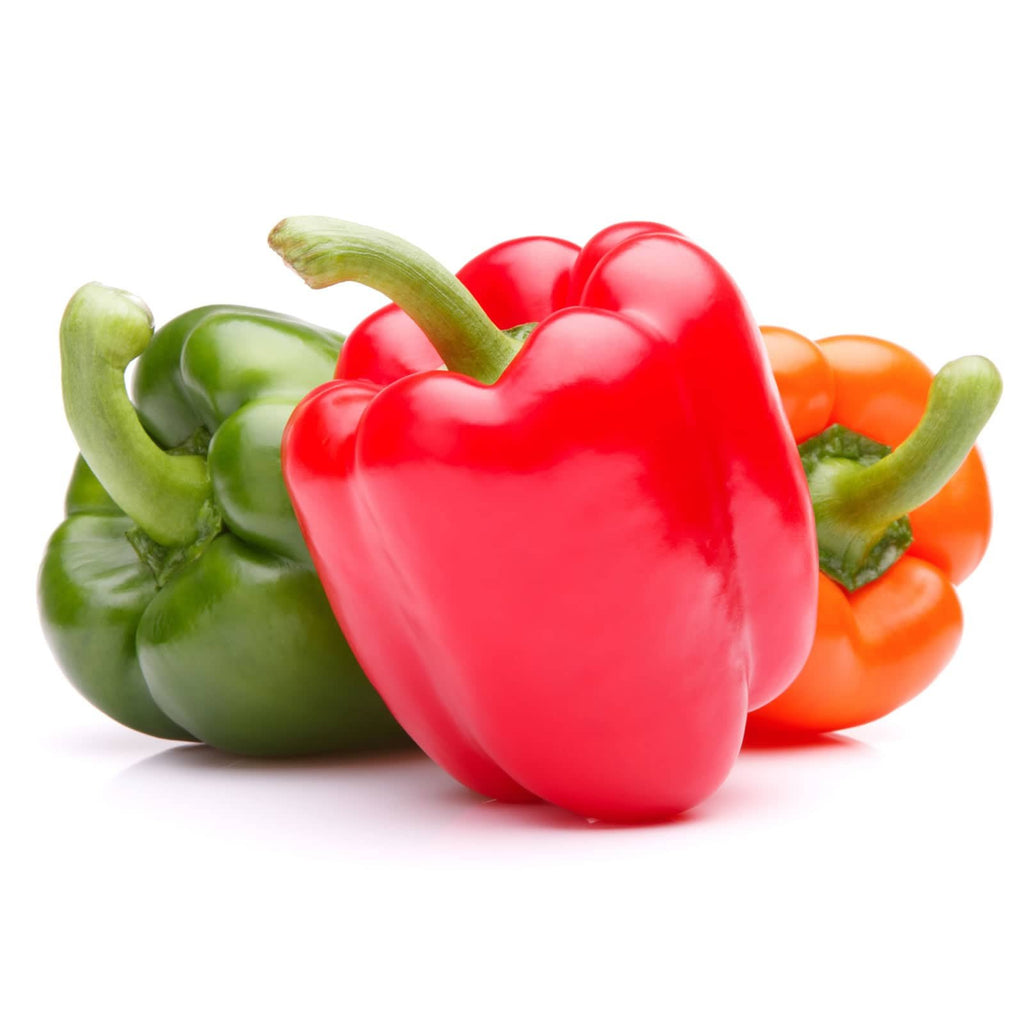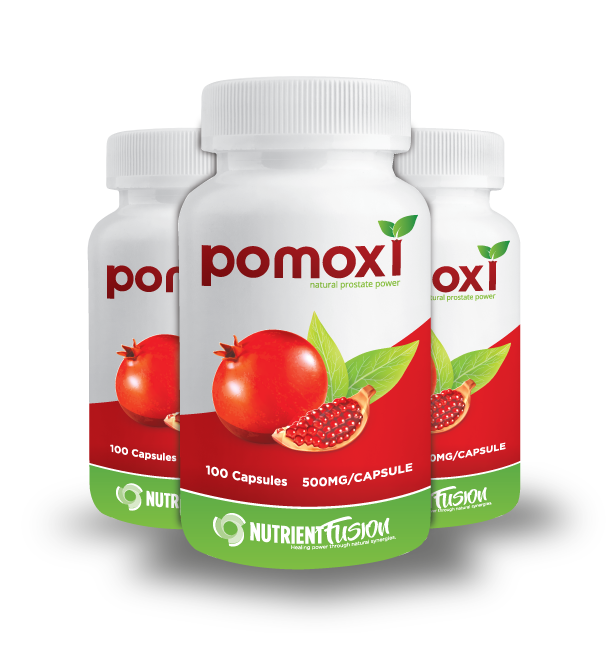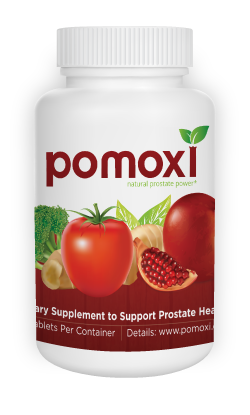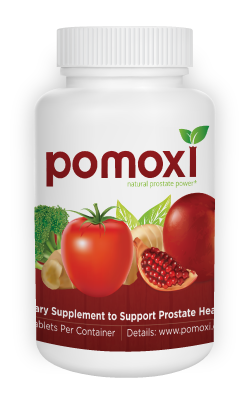Apigenin
A powerful phytonutrient derived from naturally occurring plant pigments.

Subscribe and Save 15%
BUY NOW
The Science of Apigenin
Apigenin is one of those rare flavonoids that is very available in the human body and has profound effects on human health. The maximum concentrations of Apigenin range from 0.8-1.2% in fruits and vegetables, so the amount of Apigenin in Pomoxi is equal to five servings of vegetables. The actions of Apigenin include lowering oxidative stress, improving levels of the liver’s detoxification enzymes, and increasing levels of the antioxidant enzymes, the body’s first line of defense against aging and degeneration. (1)
Apigenin is absorbed systemically, raising levels of the antioxidant liver enzyme glutathione reductase (G.R) and superoxide dismutase (S.O.D.) in whole blood. (1, 2)
Apigenin is a powerful inhibitor of the inflammatory markers in the body, COX-2 and INOS, stronger than other flavonoids studied. Apigenin supports healthy prostate function by inhibiting these pro-inflammatory markers. (3)
Apigenin inhibits DNA damage in human immune cells, the lymphocytes. (4)
Most importantly, Apigenin has been shown to decrease levels of PSA (Prostate Specific Antigen), a key marker of prostate health. (5, 6)
Apigenin is a potent inhibitor of NF-κappaB, the master gene that acts as an inflammation switch and which plays a key role in the regulation of cell growth, cell-cycle regulation, and apoptosis (cell death). (6)
Scientists believe Apigenin’s prostate health benefits may result from apigenin’s lowering of IGF-1 (insulin-like growth factor), which plays signaling roles in cell proliferation and cell death. (7) The importance of supplementation with Apigenin is supported by the fact that Americans, on average, consume only 13 milligrams of flavones, including apigenin daily. (8) A healthy dose of apigenin is ideally 25-50 milligrams per day, typical of a Mediterranean diet.
What is Apigenin?
Apigenin is a chemical derived from the pigment of various foods (such as apples, bell peppers, and cantaloupes). This phytochemical has quite the arsenal of benefits – especially for those concerned about prostate health.
Most notably, apigenin boasts quite a bit of research backing its prostate-supporting abilities.
Taking apigenin in whole food or supplement form can be an immense help in keeping your bladder and urinary tract healthy.
What Foods Contain Apigenin?
Since apigenin is a flavone (a constituent derived from plant pigments occurring in nature) you’re likely to find it in a wide variety of fruits and vegetables.
It occurs in the simple sugars of yellow plant pigments, so you can find it in yellow and orange foods, such as:
- Apples
- Bell peppers
- Cantaloupes
- Celery
- Chili peppers
- Lettuce
- Oranges
- Parsley
- Watermelon
One note: bananas do not contain the flavone even though they are also a yellow food.
Supplement versus Food Intake
For several reasons, many struggle with getting all these foods into their diet regularly.
Studies show that the typical Western diet suffers from a grave lack of flavones like apigenin. The average American consumes only 13 mg of flavones per day, while the required amount for benefit is closer to 25-50 mg per day (some sources suggesting as much as 100 mg!).
For that reason, taking apigenin in supplement form, instead of relying on it from food amounts alone, can be a huge help for those with a less varied diet.
If you want to maintain your prostate health, an apigenin supplement can give you that added benefit.
A Beneficial All-Around Prostate Supporter
Apigenin isn’t only a promising nutrient for prostate health. Research shows that it can have equal benefits in promoting healthy skin, as well.
Talk to your doctor and consider giving an apigenin-containing supplement a try today!
References
1. Nielsen, SE, Young, JF, Daneshvar, B., et al. Effect of parsley (Petroselinum crispum) intake on urinary apigenin excretion, blood antioxidant enzymes and biomarkers for oxidative stress in human subjects. Br J Nutr. 1999 Jun;81(6):447-55.
2. Janssen K, Mensink RP, Cox FJJ, Harryvan JL, Hovenier R, Hollman PCH & Katan MB (1998) Effects of the flavonoids quercetin and apigenin on hemostasis in healthy volunteers: results from an in vitro and a dietary supplement study. American Journal of Clinical Nutrition 67, 255–262.
3. Liang YC, Huang YT, Tsai SH, Lin-Shiau SY, Chen CF, Lin JK. Suppression of inducible cyclooxygenase and inducible nitric oxide synthase by apigenin and related flavonoids in mouse macrophages. 1999 Carcinogenesis 20: 1945–1952.
4.Noroozi, M, Angerson, WJ, Lean, ME..Am J Clin Nutr. Effects of flavonoids and vitamin C on oxidative DNA damage to human lymphocytes.1998 Jun;67(6):1210-8.
4. Noroozi M, Angerson WJ, Lean ME. Effects of flavonoids and vitamin C on oxidative DNA damage to human lymphocytes. Am J. Clin Nutr. 1998 Jun;67(6):1210-8.
5. Fang J, Xia C, Cao Z, Zheng JZ, Reed E, Jiang BH. Apigenin inhibits VEGF and HIF-1 expression via PI3K/AKT/p70S6K1 and HDM2/p53 pathways. FASEB J. 2005; 19: 342–353.
6. Oncogene. 2002 May 23;21(23):3727-38. Involvement of nuclear factor-kappa B, Bax and Bcl-2 in induction of cell cycle arrest and apoptosis by apigenin in human prostate carcinoma cells. Gupta, S, Afaq, F, Mukhtar, H.
7. Kumar S., Pandey A. K. Chemistry and biological activities of flavonoids: an overview. The Scientific World Journal. 2013; 2013:16.
8. Chun,OK, Chung,SJ, Song, WA. Estimated Dietary Flavonoid Intake and Major Food Sources of U.S. Adults. J. Nutr. 137: 1244–1252, 2007.


